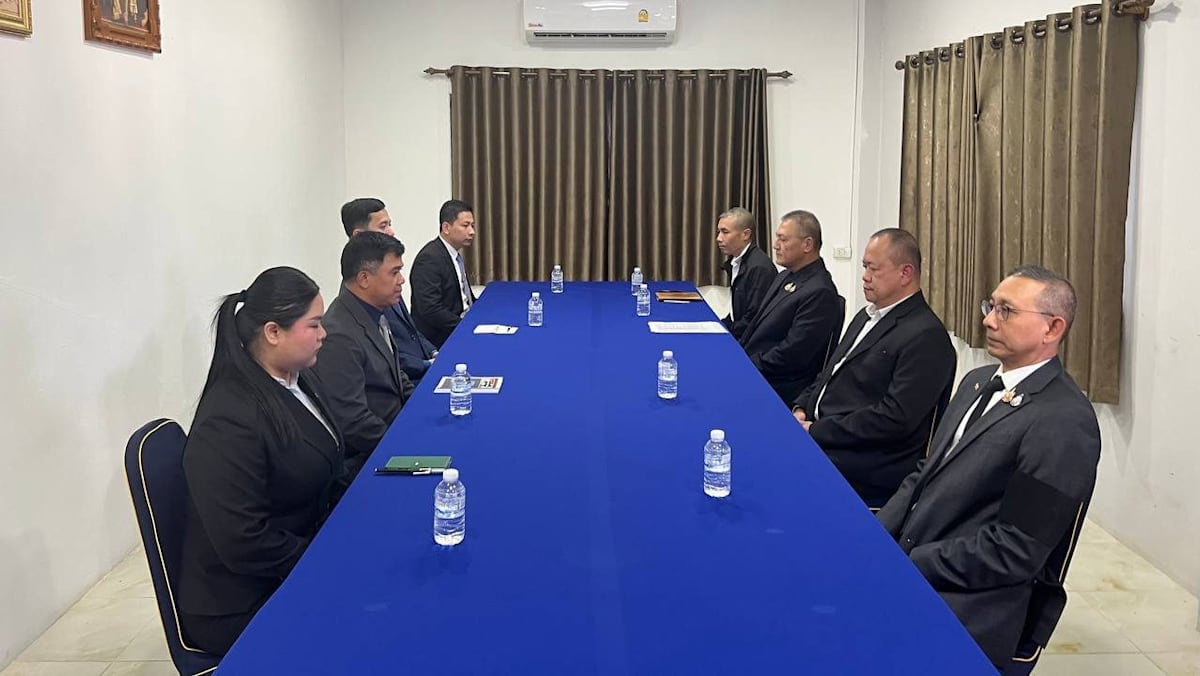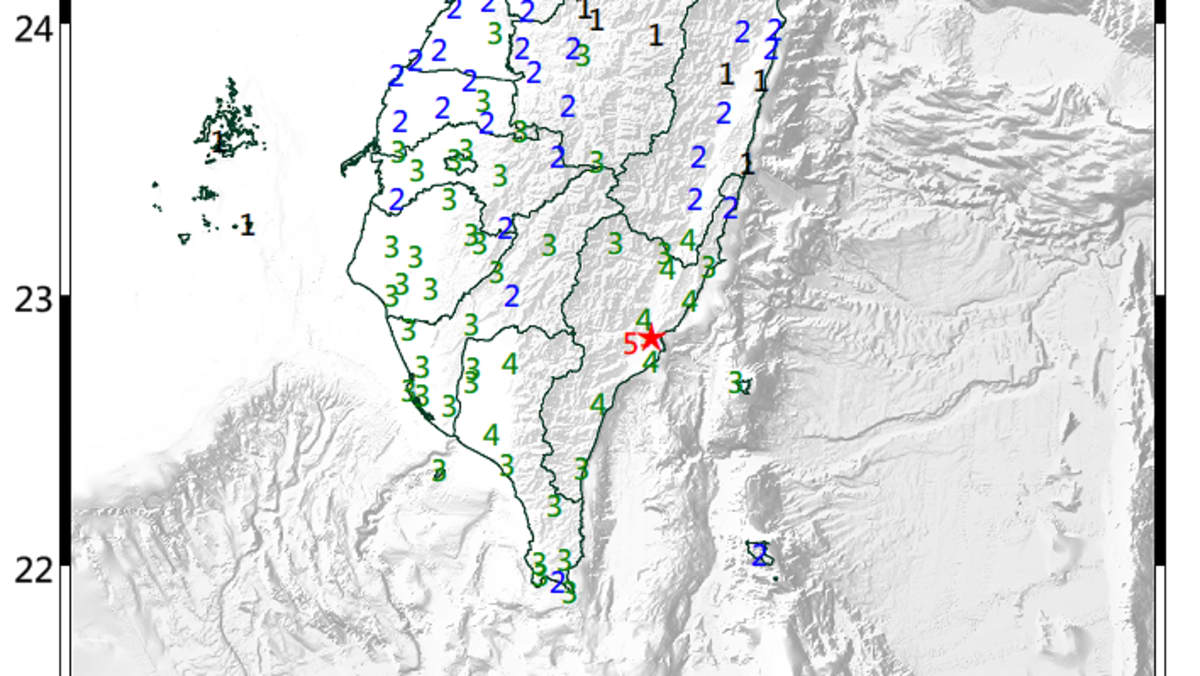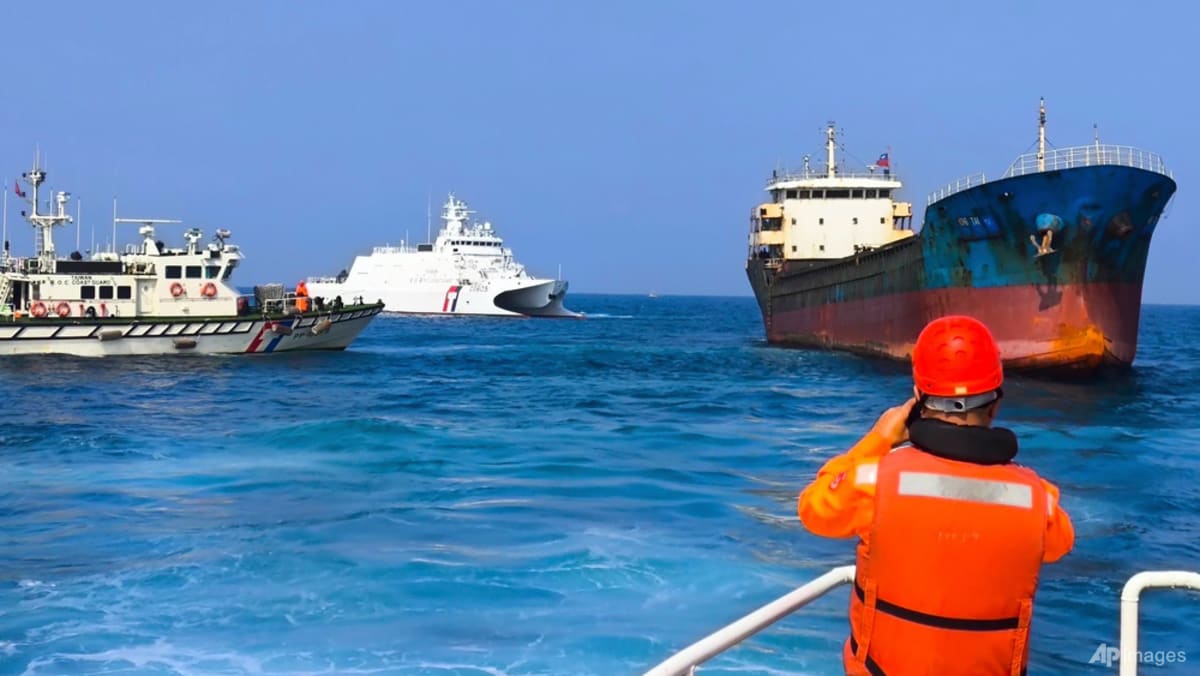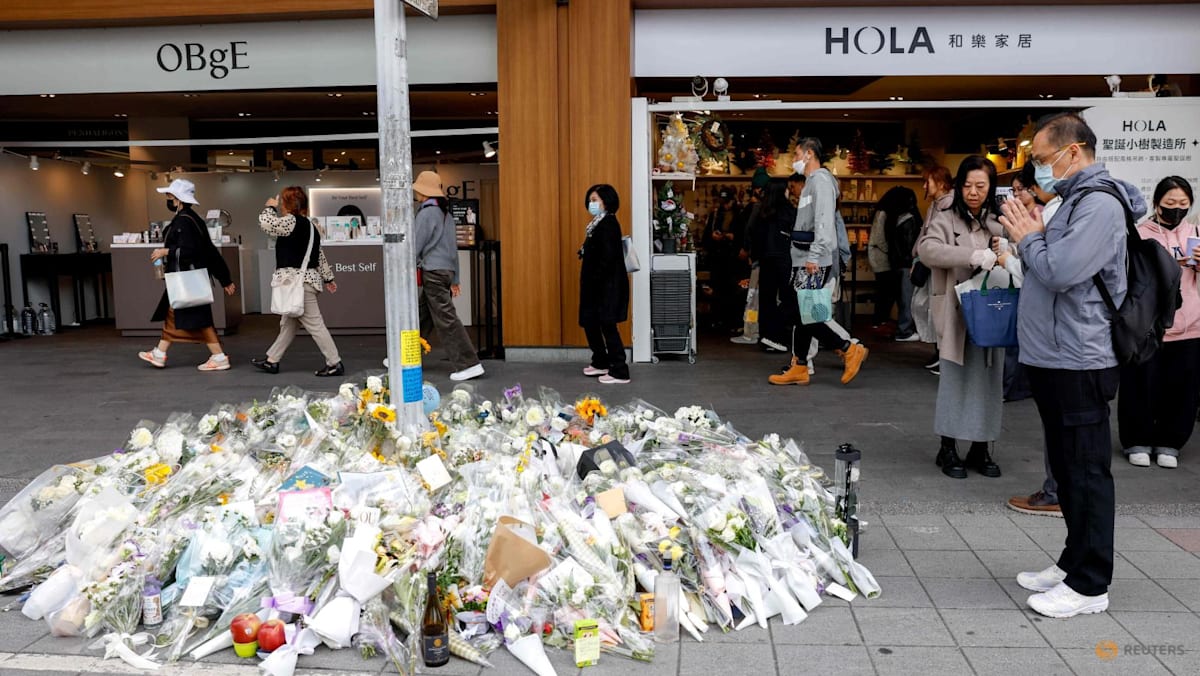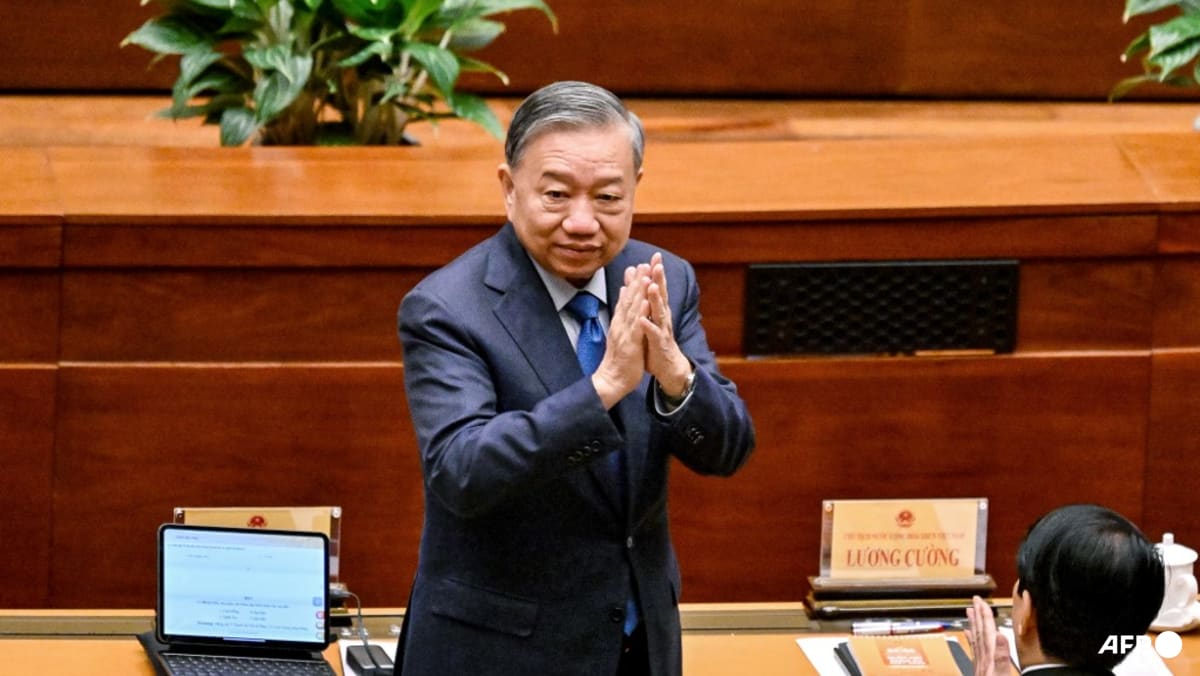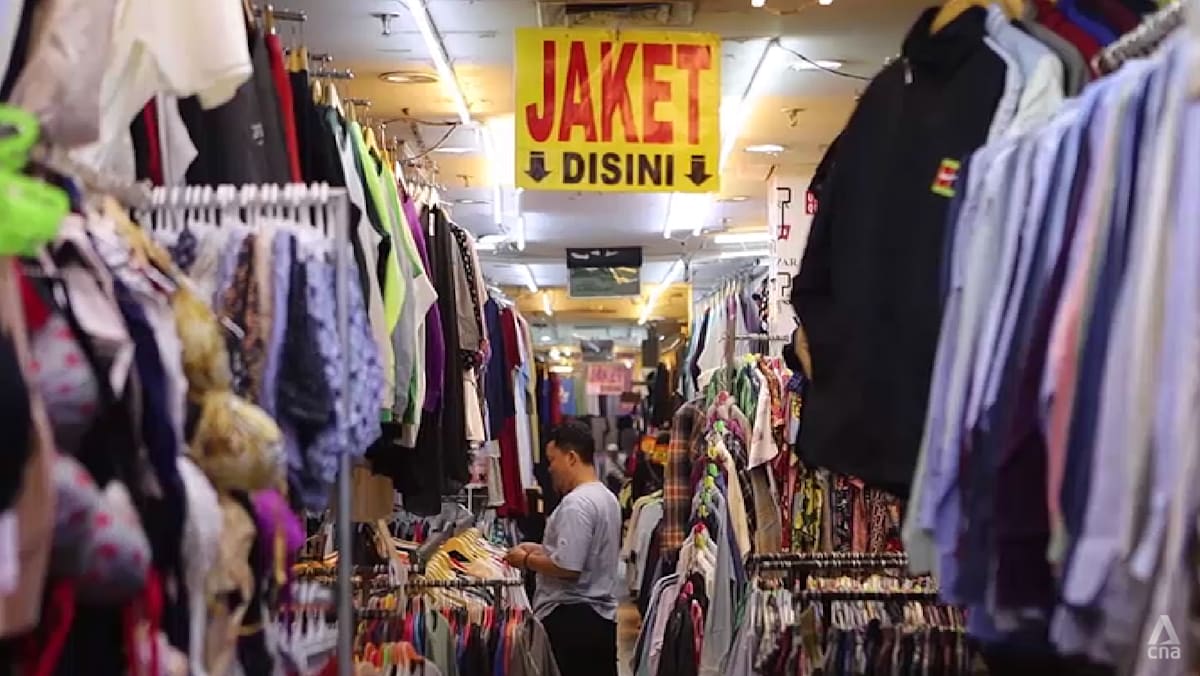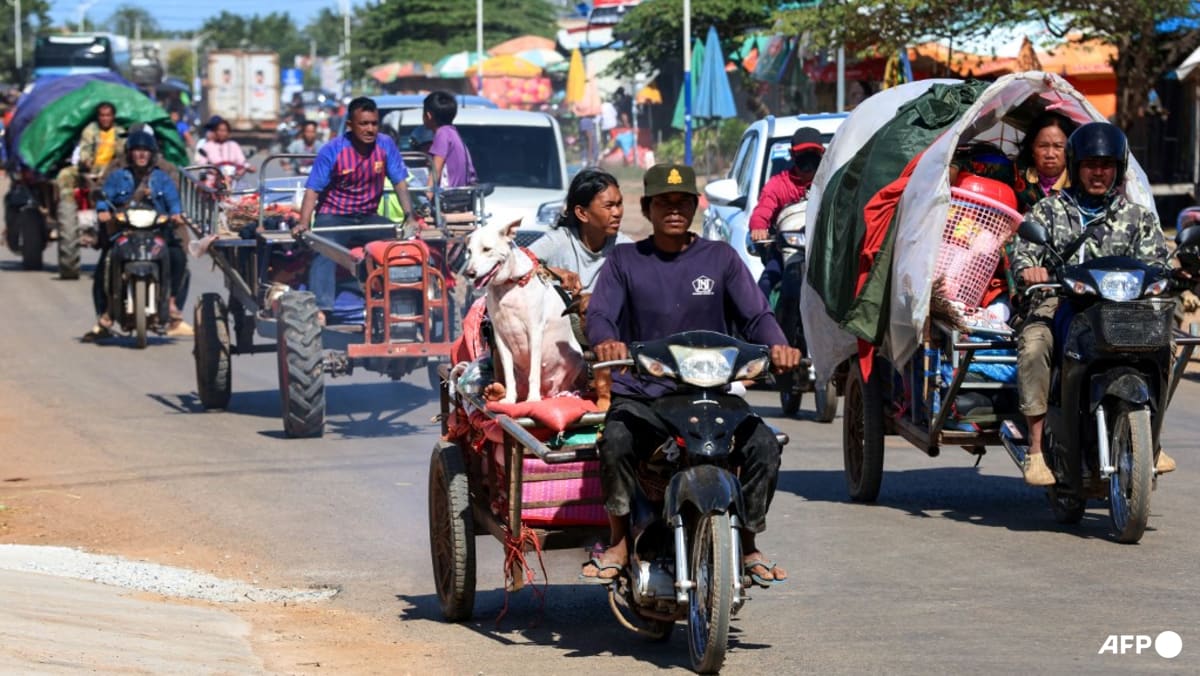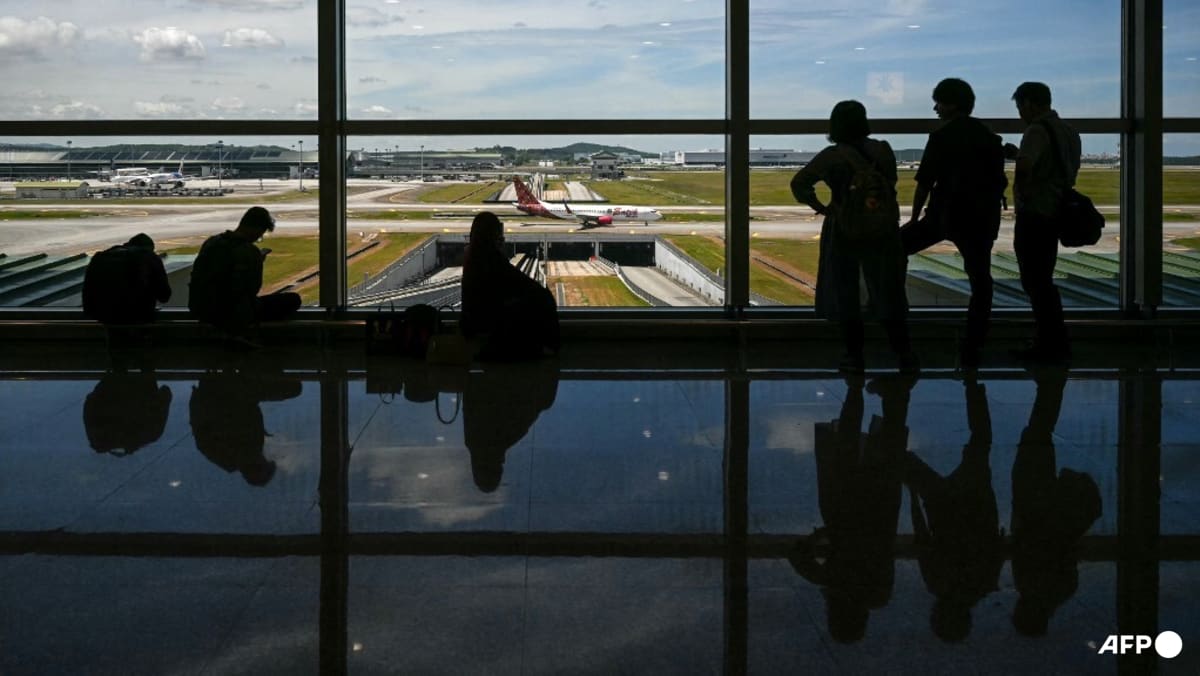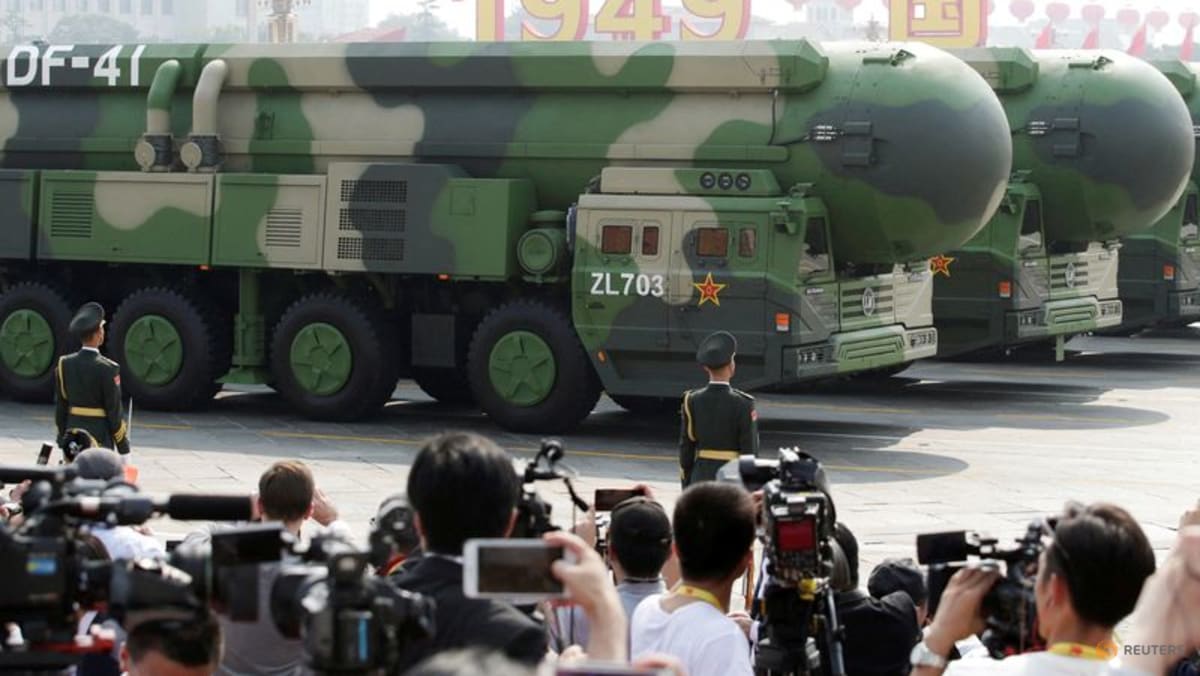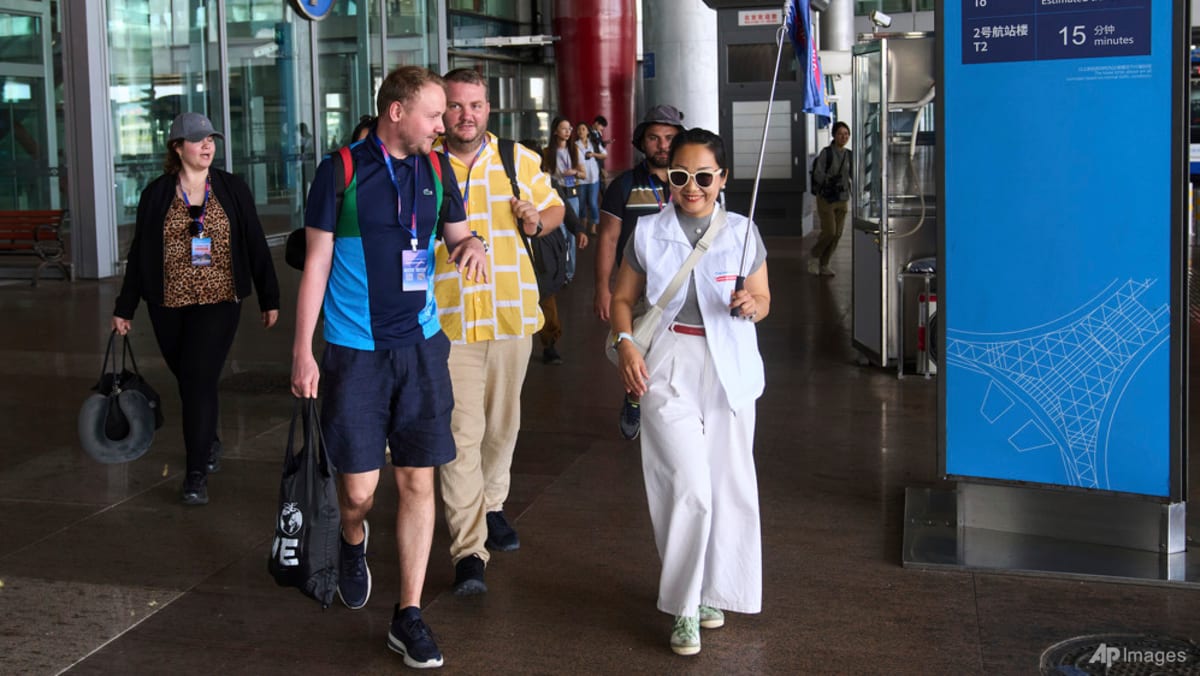COVID-19 surge in Southeast Asia: Experts stress personal responsibility, dismiss need for pandemic-era curbs
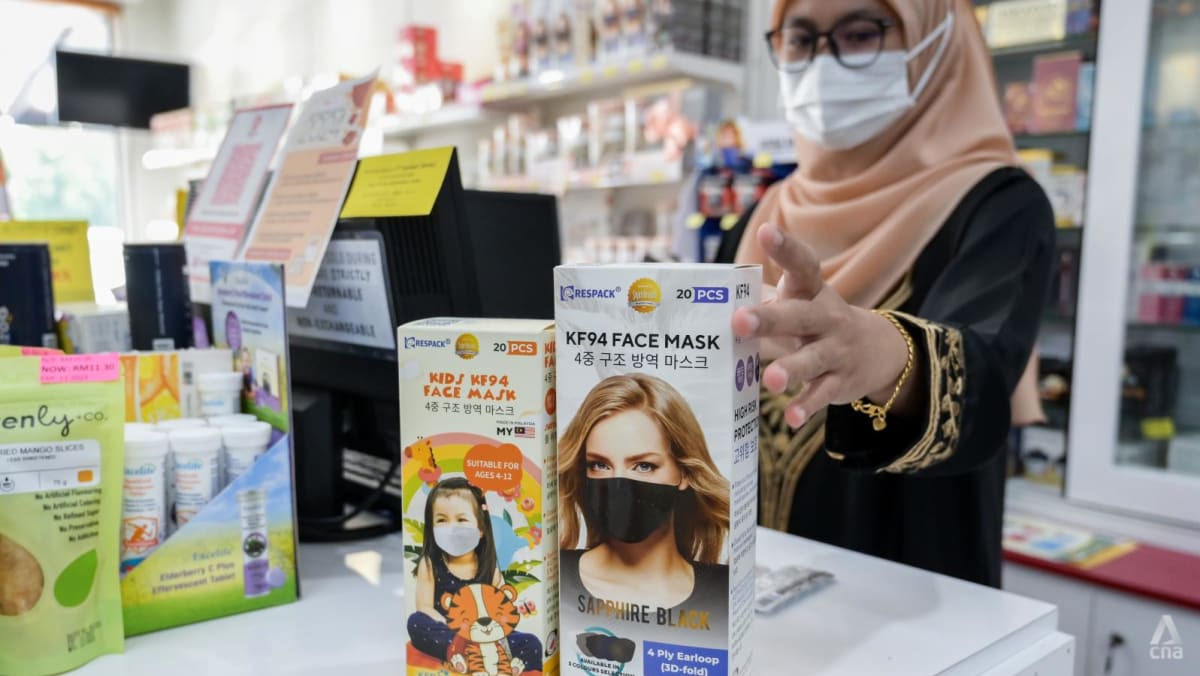
SINGAPORE/KUALA LUMPUR: A surge in the number of COVID-19 cases has prompted authorities in Southeast Asia to ramp up measures to limit the spread of the disease such as installing thermal body scanners at international entry points and urging the public to mask up.
However, health experts told CNA that pandemic-era restrictions like lockdowns are not necessary as healthcare systems are prepared to deal with the spike in the number of cases.
In Malaysia, newly minted Health Minister Dr Dzulkefly Ahmad on Thursday (Dec 14) said the government may announce additional directives to combat the surge in COVID-19 cases, which may include orders for booster jabs especially for people who are more vulnerable to complications from the disease.
Just a day earlier, Malaysia’s health director-general Dr Muhammad Radzi Abu Hassan advised the public to wear masks during gatherings with friends and family after the number of COVID-19 cases in the country almost doubled to 12,757 in the week of Dec 3 to 9 compared to the week before
Meanwhile in Indonesia, health authorities have urged people to complete their COVID-19 vaccinations and mask up when in public.
As of Tuesday, Indonesia recorded a total of 6,223 active COVID-19 cases, with an increase of 298 cases from the week before.
A circular issued by the health ministry called for organisations to actively monitor new cases and ensure the availability of vaccines in all government health clinics.
Thermal body scanners have also been installed at some of the country’s international entry points, including Soekarno-Hatta International Airport in Jakarta, Ngurah Rai International Airport in Bali and Batam International Port.
In Thailand, the number of COVID-19 hospitalisations saw the biggest jump last week of 590 cases since July. In the same week, a total of five deaths due to the infection were also recorded, according to the Bangkok Post.
While health experts whom CNA spoke to said that COVID-19 can be better managed now, they stress that the elderly and vulnerable will have to continue to be vigilant.
NEED FOR INDIVIDUAL RESPONSIBILITY
Amid calls from certain quarters to impose some type of framework that was used during the height of the pandemic, experts whom CNA spoke to assured that there is no need for authorities to impose pandemic-era restrictions.
They, however, stressed that the public must do their part to stay safe, such as by completing their vaccinations or wearing masks when in crowded places.
On Friday, former health minister Khairy Jamaluddin and former international trade and industry deputy minister Ong Kian Ming said in a statement that it was time for the government to reinstate the Test, Report, Isolate, Inform, Seek (TRIIS) framework to prepare Malaysians for a possible new wave of COVID-19 infections.
Beyond that, they also called on the health ministry to reactivate the country’s vaccination programme through private and public health facilities while the use of the MySejahtera mobile application should also be restarted for monitoring of COVID-19 patients.
MySejahtera is an app developed by the Malaysian government to assist in managing COVID-19 outbreaks in the country.
Epidemiologist Professor Moy Foong Ming of Universiti Malaya’s Department of Social and Preventive Medicine said that pandemic-era measures are not required as most Malaysians would have at least two doses of the COVID-19 vaccine.
“There is some kind of immunity in the community while the current Omicron variant causes mild symptoms. If there is a new variant that causes serious symptoms, then maybe (we can consider some restrictions) but there is no need to panic for now,” she told CNA.
However, Prof Moy urged for personal responsibility and for the elderly as well as those with low immunity to wear masks and to get their vaccination booster shots.
“If they get infected, they might get severe symptoms. As for adults who are healthy, I think it is up to them to wear masks. They shouldn’t be forced,” she said, noting that there are some members of the public who are already doing so on their own accord.
Source: CNA


